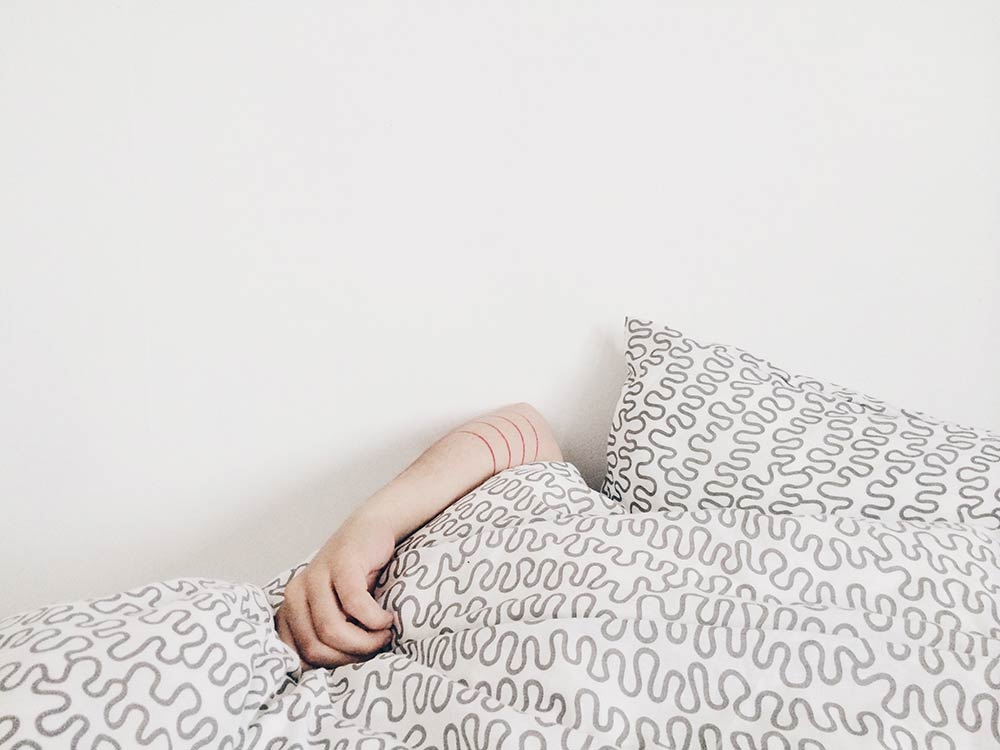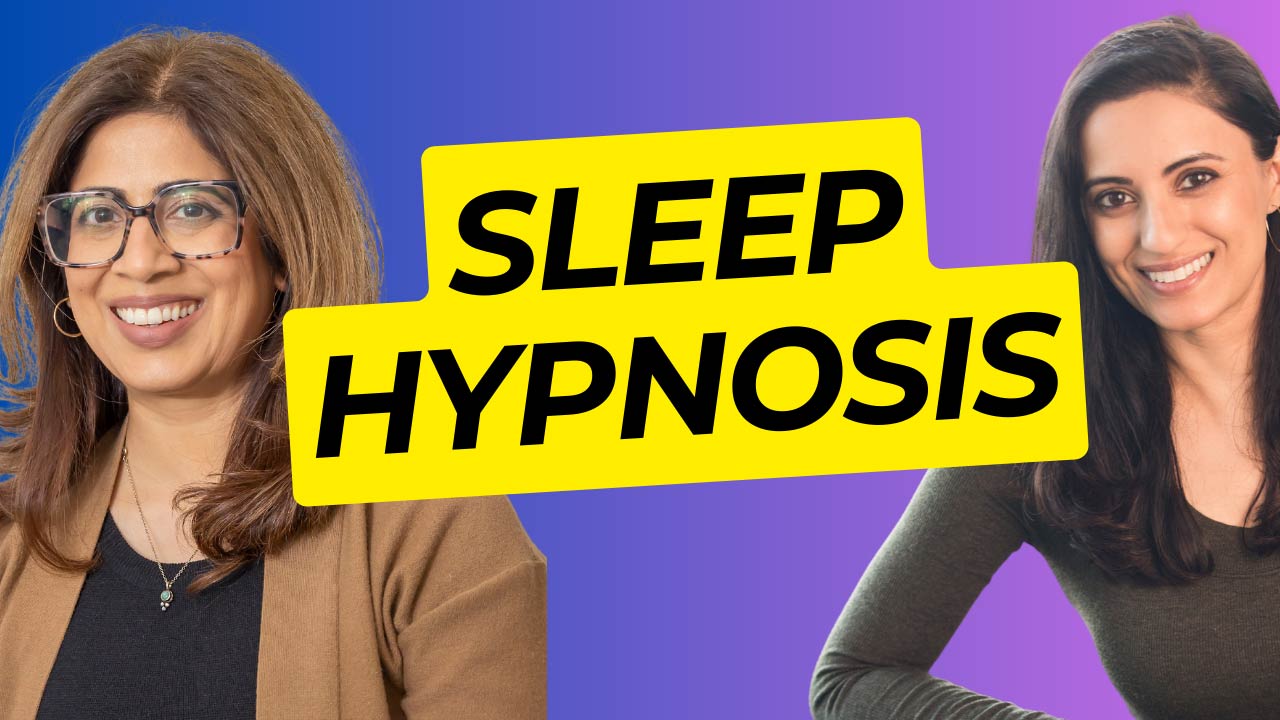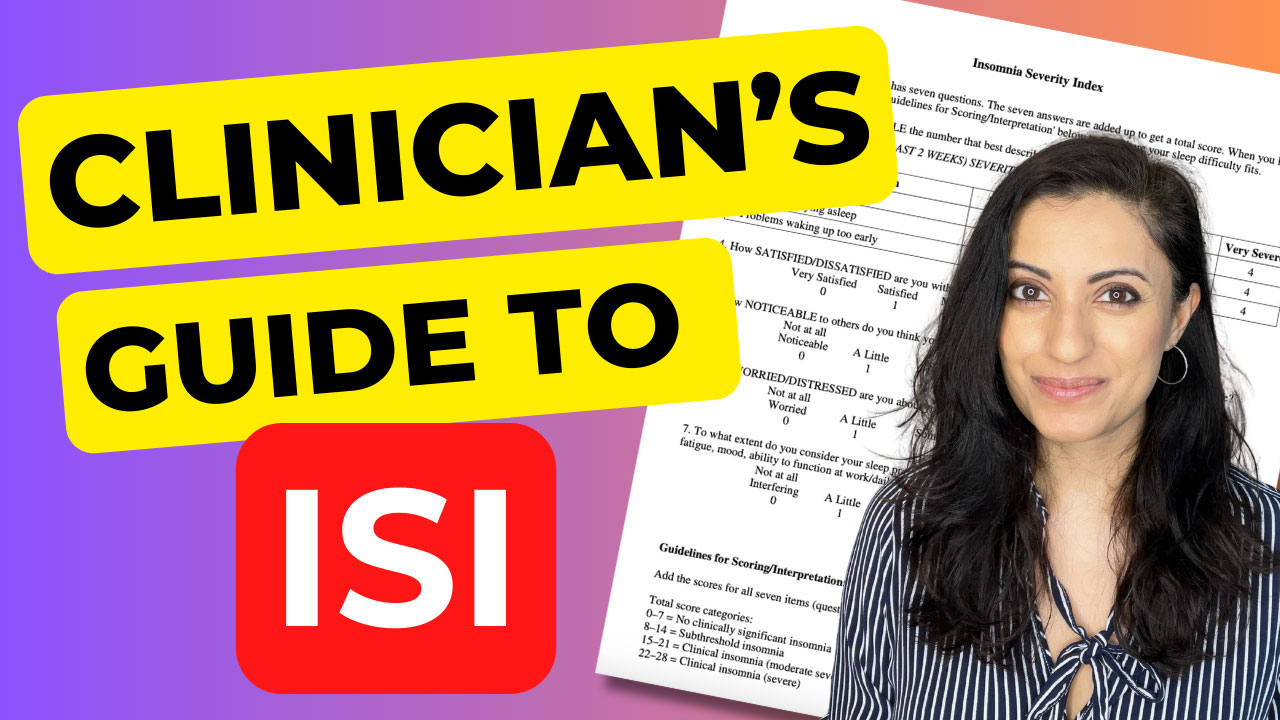The quality of sleep we obtain during the night affects how we feel during the day, our mood, and our emotional and mental well-being. However, issues we may have during the day can be misdiagnosed as other conditions even though they may be caused by sleep disorders.
Sleep disorders are actually more common than people imagine. The American Sleep Association claims that between 50 and 70 million adults in the US are affected by sleep disorders. Unfortunately, many sleep disorders share symptoms with other more commonly known conditions. By learning more about specific sleep disorders, you’ll be in a better position to judge your symptoms accurately and address the root cause of the issues you encounter. And in a short period of time, you’ll be able to return to a healthy sleep schedule.
ADHD Could Actually Be Sleep Apnea
Sleep apnea is characterized by the blocking of breathing pathways in the body while someone is sleeping. They’re not blocked all the way, of course, but enough to cause an individual to snore, take breathing pauses, or even gasp for breath. Like many sleeping disorders, sleep apnea makes it difficult to have a good night’s sleep which then causes issues like mood swings, irritability, fatigue, and problems with attention and concentration. These last few symptoms are often confused with ADHD symptoms and can lead to a misdiagnosis.
Experts agree that ADHD is overdiagnosed. On the other hand, sleep apnea is underdiagnosed and can mimic symptoms of ADHD. There are some simple and advanced treatments available for sleep apnea, received after a diagnosis is obtained through a comprehensive examination.
Insomnia Could Actually Be Delayed Sleep Phase Syndrome
Do you go to bed but stay awake for hours before falling asleep? Do you not feel tiredness set in until the early hours of the morning and then have trouble dragging yourself out of bed in time for work? Many people who report this issue to their doctors call it insomnia. However, there’s another sleep disorder that is very similar: Delayed Sleep Phase Syndrome (DSPS) that may be left undetected.
With DSPS, a person does have issues falling asleep, but once they do, they find that they’re able to get normal, good-quality sleep. Usually, a person with DSPS has their circadian rhythm off or delayed, and this is what causes the issue with falling asleep. Doctors will tell you that your body is on time, it’s just not on time with everyone else!
The misdiagnosis comes in when it’s time to wake up. People with DSPS may still have to wake up early for work or school, and if they weren’t able to fall asleep when they went to bed, they probably didn’t get enough sleep, leading to the symptoms we know to associate with insomnia.
Anxiety Could Actually Be Restless Leg Syndrome
Restless Leg Syndrome (RLS) causes strange feelings in the leg and sudden urges to move them. It’s classified as a sleep disorder because most people present with more extreme symptoms at night.
RLS can cause many symptoms similar to anxiety. It can affect your concentration, memory, mood, performance at work or school, and your personal relationships. Because anxiety is more well-known and easier to understand, RLS is often treated as anxiety, and the symptoms remain because the root cause is not properly addressed. One specific cause of RLS may be undiagnosed iron deficiency. While there’s no cure for RLS, there are therapies and treatments to minimize symptoms.
Mood Disorders Could Actually Be Narcolepsy
Narcolepsy is characterized by heavy drowsiness during the day or overwhelming sleep attacks. It is thought to be an incurable sleep disorder, but due to its similar symptoms of drowsiness and weariness, oftentimes narcolepsy is misdiagnosed. Narcolepsy may present as fatigue and low motivation, which may be mistakenly diagnosed as depression or another mood disorder.
Another major misdiagnosis is between narcolepsy and epilepsy. The sudden paralysis that causes muscles to weaken and people to fall asleep during narcolepsy may be mistakenly diagnosed as seizures. The best way to find out if you have narcolepsy is to see a physician who specializes in sleep disorders, where a sleep study might be required.
Mental Health Issues Could Actually Be Poor Diet
Having read the entries above, it is no secret that many mental health issues and sleep disorders share symptoms. In other words, where a mental health issue may present itself, you may actually be experiencing a symptom of a sleep disorder. Furthermore, many mental health issues themselves could be products of poor nutrition and diet, and issues with the gut-brain axis.
Just like sleep, our diet is a major part of our lives. You are what you eat, as the old adage says, and it’s literally and figuratively true. Poor diets and problems with the gut can cause or increase symptoms of anxiety or depression, along with other mental health issues. However, an optimized diet and healthy digestion can do the opposite—it can relieve a person of those symptoms.
One of our specialties here at IntraBalance is treating sleep disorders as well as teaching our patients to align themselves with the core pillars of holistic health. If you are experiencing any of the symptoms discussed above, call us to set up a consultation where we can give you more information about how to find the root cause of your discomfort.
Want to learn more about optimizing your sleep? Click here to get your FREE sleep guide.



